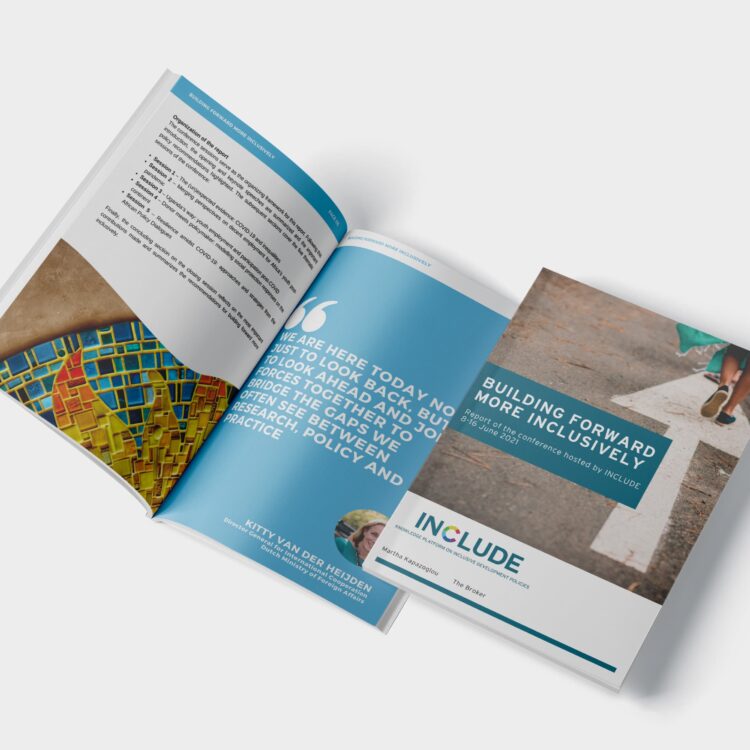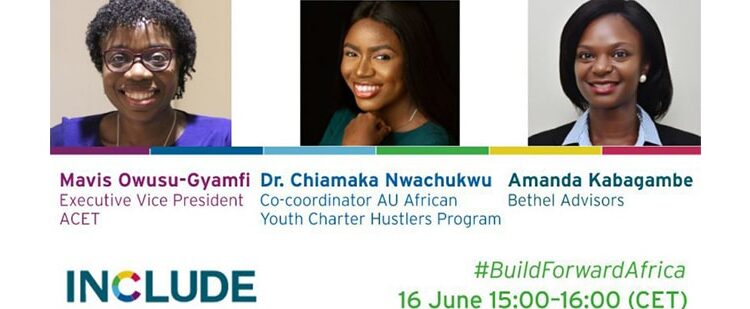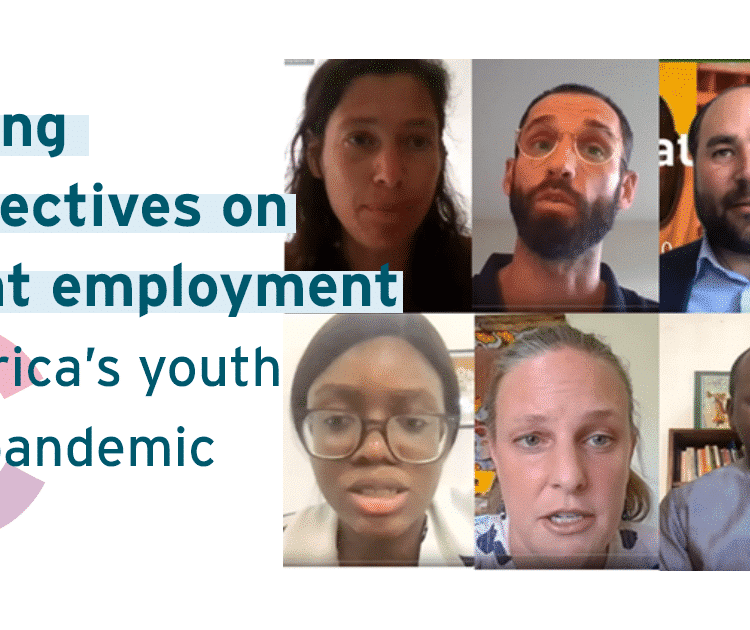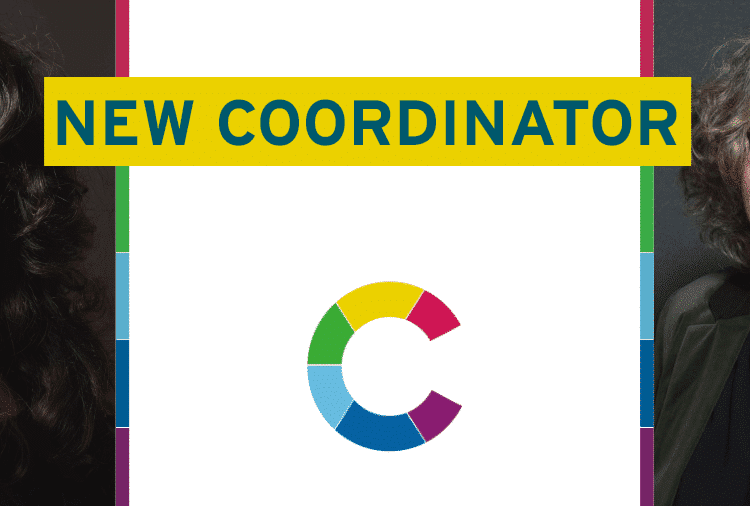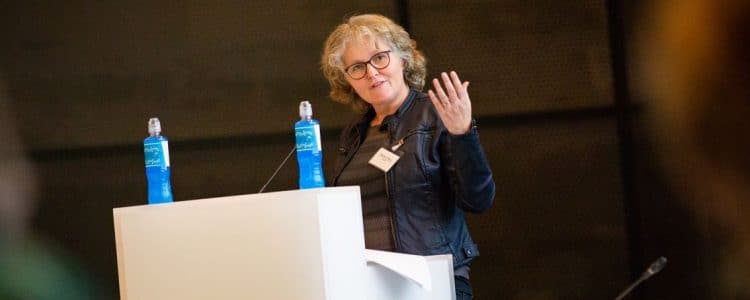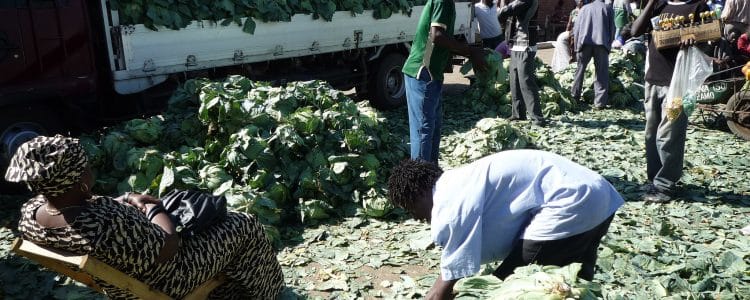
The research project on Dutch multinational businesses in Africa has been gaining momentum. The last few months were dedicated to developing a theoretical framework, mapping the business activities of Dutch multinational corporations (MNCs), and preparing historical overviews of policies and institutions in Kenya, Nigeria and the Netherlands with a focus on productive employment and private sector development.
Our junior researchers, Charles Ubagwu and Agnieszka Kazimierczuk, have been preparing to start their fieldwork, for which a common draft survey and interview guide have been prepared. Charles has successfully completed his CERES PhD research training in the Netherlands and returned to Nigeria to continue his work. In October, Agnieszka will start her preliminary fieldwork in Kenya. She will collect baseline information on Dutch MNCs working in horticulture and energy. She will also work closely with the local partners, University of Nairobi and Kenyan Association of Manufacturers (KAM), on the survey administration and on organizing a stakeholder meeting in Nairobi earlier next year. Meantime, Charles and the Nigerian partners, Enugu Chamber of Commerce and African Heritage Institution, will do the same for the Nigerian part of the study. In addition, there is an initial plan to organize a mid-term review of the project for Nigeria in January 2016.
In May, the project coordinator and senior researcher at the African Studies Centre, Prof. Chibuike Uche, attended the seminar on Building Policy-Knowledge Communities for Inclusive Development in Africa, which was held in Nairobi, Kenya. The seminar was organized by INCLUDE and the African Economic Research Consortium (AERC). Prof. Uche used the opportunity to meet with the Kenyan project partners.
In June and July, the junior researchers presented their draft working papers on the policy and institution reviews conducted in Nigeria, Kenya and the Netherlands during two conferences. First in June, both Charles and Agnieszka presented their papers – ‘Dutch multinationals and productive employment in Nigeria: The role of institutions’ and ‘Historical overview of policies and institutions on productive employment in Kenya and the Netherlands, in the context of multinational corporations’, respectively – in a panel entitled ‘Institutional setting for promoting productive employment among Dutch MNCs in Africa’ during the CERES/Institute of Development Policy and Management (IOB) conference ‘Development 2.0 or “Business as usual?” Private sector, institutions and development’, which was held from 24–26 June in Antwerp. The panel was chaired by Prof. Uche.
Agnieszka presented the same paper at the 9th International Conference in Critical Management Studies ‘Is there an alternative? Management after critique’ at the University of Leicester on 8–10 July 2015 as part of the stream ‘Towards inclusive development? Transformation in the public, private and civic sectors in developing countries’. Agnieszka’s presentation highlighted the strong link between the state and the private sector, especially regarding Dutch policies on private sector development in developing countries. The feedback received will be used to develop an article tackling the issue of productive employment from a critical perspective. The principal question discussed by the panel was whether inclusive development is an alternative and a potential motor for change or just a new way of reproducing existing power relations.
Agnieszka also attended European Development Days, a flagship event showcasing the ways in which EU member states and citizens are contributing to international development. The event took place from 3–4 June in Brussels and featured more than 400 high-level speakers and 5,000 participants. More than 50 initiatives were showcased in the ‘project village’, giving examples of the often innovative work of NGOs, governments, EU institutions and businesses. The issues discussed covered the entire development spectrum: from sustainable energy, corporate social responsibility, climate change and climate change resilience, to gender rights, the right to health, food security, migration and inequality. The overarching theme of the event was the same as for the European Year of Development: ‘Our world, our dignity, our future’, highlighting the importance of cooperation among all stakeholders for the sake of our common future. The closing panel, entitled ‘From development aid to international cooperation’, highlighted the fact that development aid alone is not enough – what is essential for the future of development is effective international cooperation. European Development Days 2015 challenged the international community to demonstrate its ability to cooperate during upcoming events that will shape the future development agenda – e.g. at the Financing for Development Conference in Addis Ababa in July, by defining the post-2015 development agenda and agreeing on the Sustainable Development Goals in New York in September, and by adopting a new climate change agenda in Paris in December.
Agnieszka’s work resulted in a working paper for the Africa Studies Centre titled ‘Historical overview of development policies and institutions in the Netherlands, in the context of private sector development and (productive) employment creation’. This paper can be found here.
